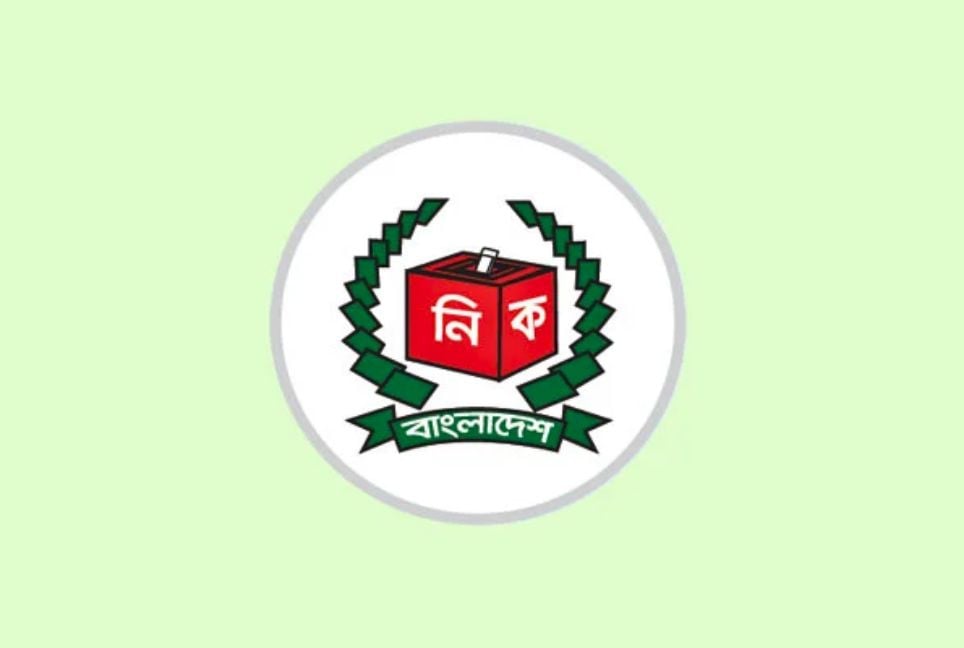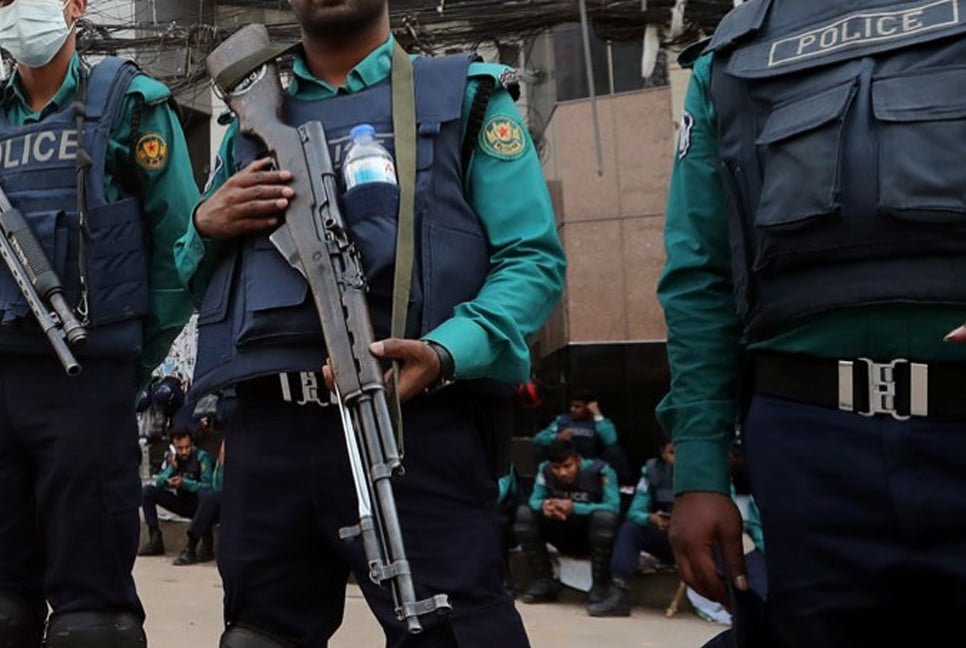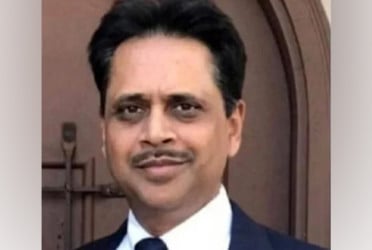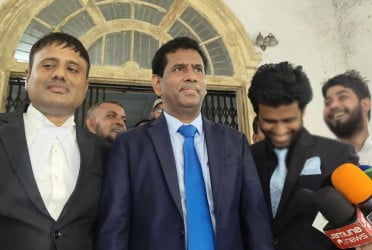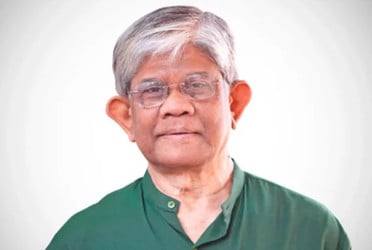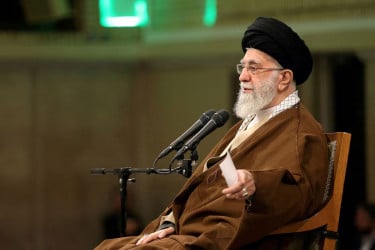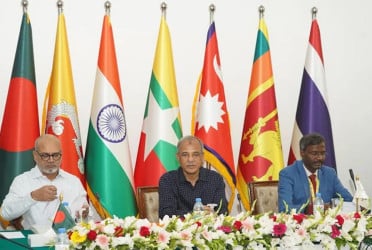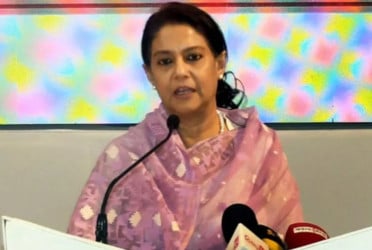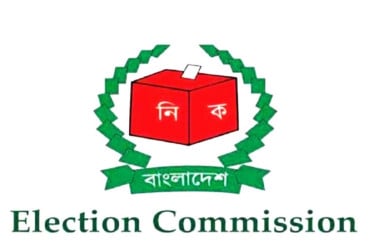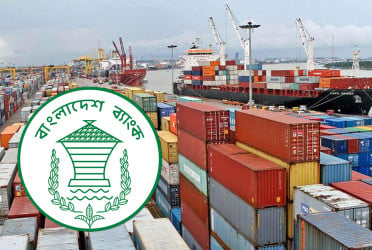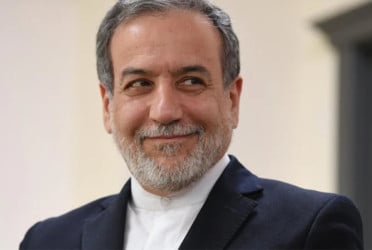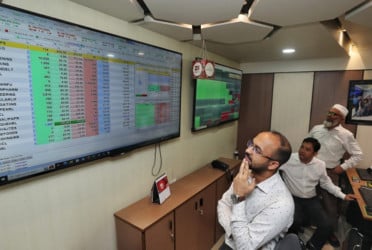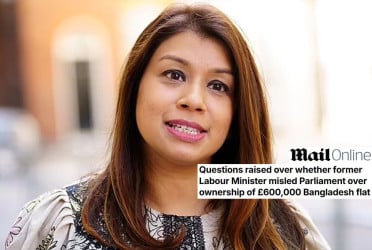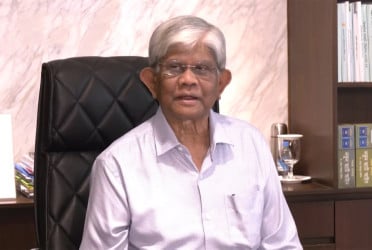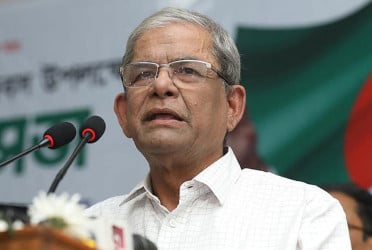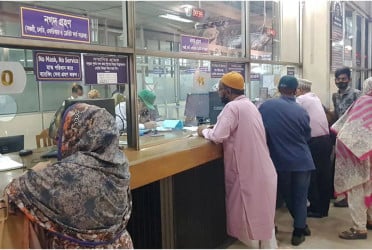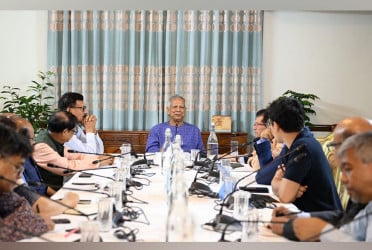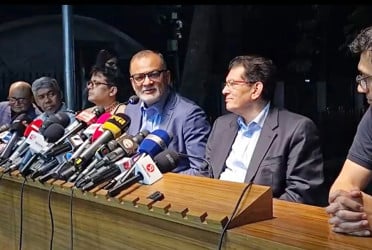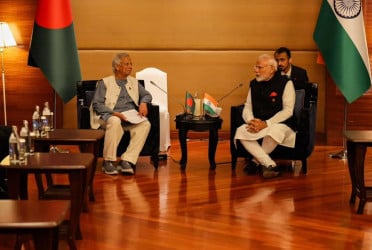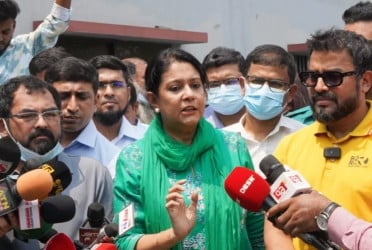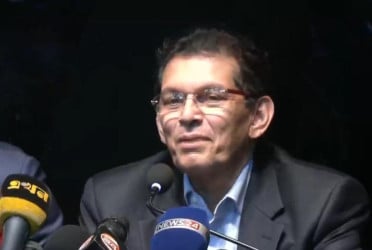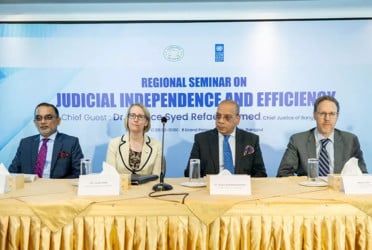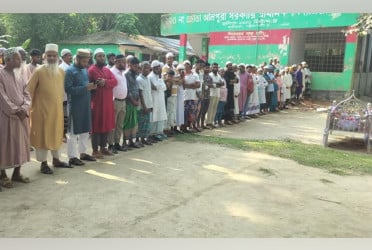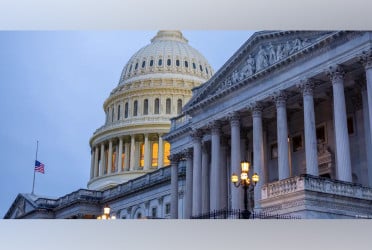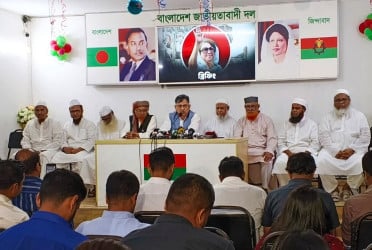The Election Commission (EC) is planning to amend the electoral code of conduct grounded on recommendations from the Electoral Reform Commission. Substantial changes are underway to the code of conduct and campaigning methods for both national and local government polls.
Relevant departments have already started working on implementing these amendments, although the EC is awaiting final decisions on which specific recommendations will be adopted.
One of the key proposals from the reform commission is to replace the use of banners and posters with leaflets for election campaigning.
EC officials noted that the reform commission recommended several amendments to the code of conduct. These include direct voter-candidate interactions through face-to-face events, providing equal opportunities for election advertisements in newspapers, and ensuring fair access to state media for campaign purposes. The commission also emphasised the need for regulating social media campaigns in compliance with the Cyber Security Ordinance 2024 and suggested drafting a code of conduct for political parties similar to the 1990 framework of the Three Alliances.
Responsible officials explained that while the EC will formally review these proposals before issuing directives, preliminary preparations are already underway to ensure swift implementation once decisions are wrapped up.
In terms of local government elections, the reform commission proposed forming a permanent “Local Government Commission”. It also recommended holding local government elections before national ones, amending laws to make such elections impartial, conducting all local government polls through direct voting, and empowering council members to play meaningful roles in decision-making processes within their respective institutions.
Dr. Badiul Alam Majumdar, head of the Electoral Reform Commission, stated that proposals have been made to bar individuals responsible for serious crimes against humanity and extrajudicial killings from participating in elections.
He remarked that there are four stakeholders for implementing reforms: the government, the Election Commission, political parties, and, most importantly, the general public. According to Dr. Majumdar, real reform will happen when the general people actively engage in the process.
The head of the commission also remarked that feedback on the reform proposals has been positive and that the EC has welcomed the recommendations. He stressed the importance of establishing a robust legal framework to enable the EC to carry out its duties effectively and to prevent the recurrence of past malpractices.
It is to be noted that the interim government formed the Electoral Reform Commission on October 3 last year. The commission submitted a summary of its recommendations on January 15, aiming to bring substantial improvements to the electoral process.
Translated & edited by Fariha Nowshin Chinika

